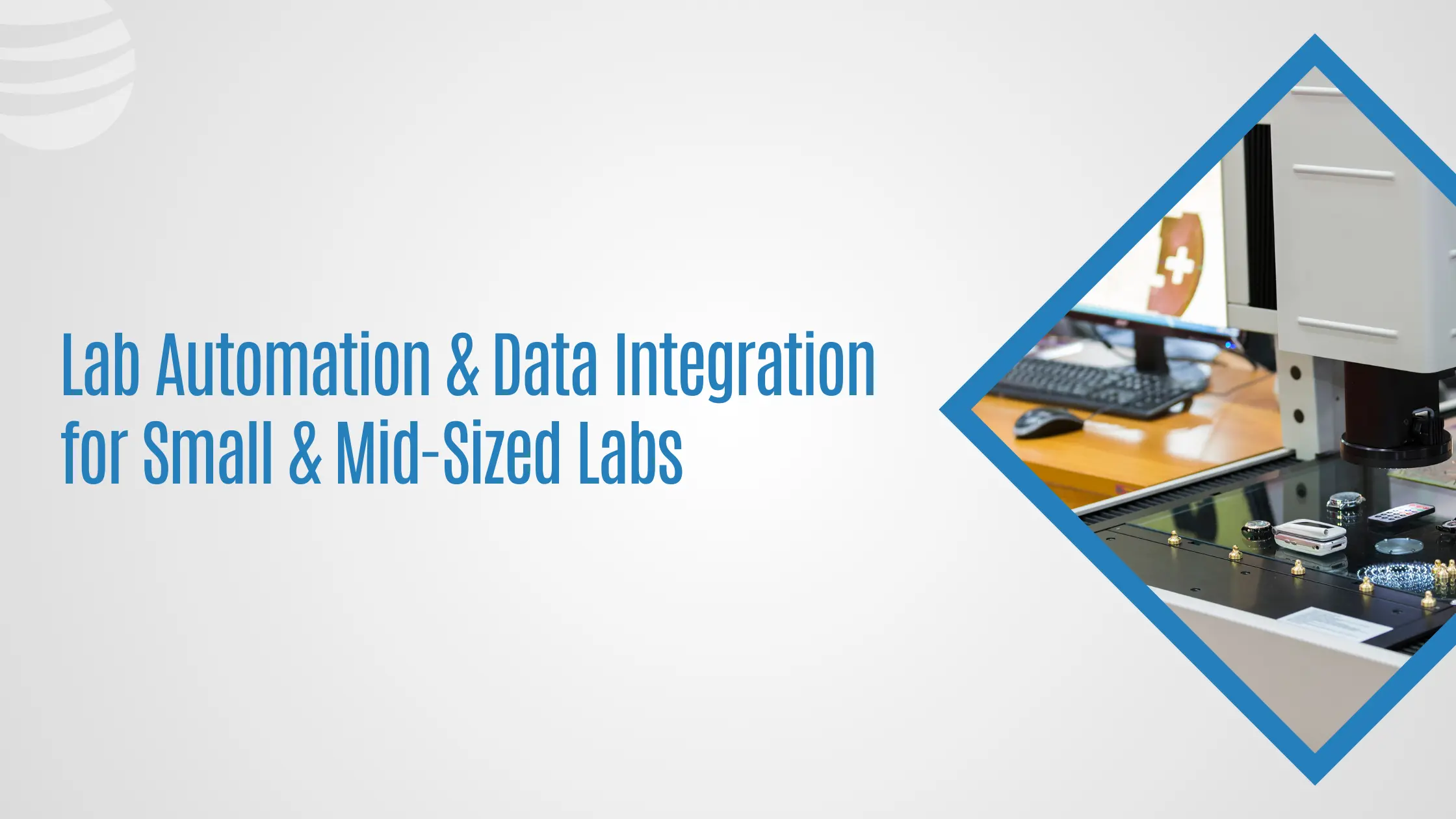
Laboratory Analyzer Validation
If you own or operate a laboratory, you know that analytical precision and accuracy are essential to your success. That’s why validation of your laboratory analyzer is so important.
In this blog post, we’ll discuss the basics of validating your analyzers and share some tips on how to ensure they are providing accurate results. Validation of your laboratory analyzers is so important. Thanks for reading!
Why is validation important for a laboratory analyzer
Validation is a vital part of the process for any laboratory analyzer. It used to support data integrity and ensure the accuracy of results. The validation process helps to prevent errors by verifying that all parts of the analyzers – from hardware and software. Moreover, periodic monitoring allows users to identify any potential issues early on and take corrective action in a timely manner. Validation also ensures that regulations are being met and that the analyzer is operating according to official standards. Furthermore, it demonstrates compliance with accepted performance criteria and can help laboratories protect themselves against litigation in the future. In short, validation is an essential part of any quality control program for a laboratory analyzer. Making it vitally important for laboratories around the world.

What are the benefits of validating a laboratory analyzer
Validation of a laboratory analyzer is an important part of ensuring accuracy and reliability in the results it produces. It involves performing a range of tests to ensure that the instrument functions as expected, responding correctly to inputs and producing reliable data. Validation also includes verifying that the instrument is suitably calibrated, consistently meeting established performance targets. The benefits of validation include obtaining accurate and precise results, thus increasing the accuracy of medical diagnoses or other evaluations made using data from the instrument. Validation can also help identify any errors or malfunctioning pieces of equipment. Saving time and resources by quickly rectifying issues before they cause problems.
Finally, validation can give laboratory personnel more confidence in their work by giving them an objective measure of how well their instruments are working. By validating a laboratory analyzer, users can show that their measurements are reliable and accurate – essential for trustworthy analyses and decisions.

How to validate a laboratory analyzer
Validation of a laboratory analyzer is an important and complex process which requires technical knowledge as well as experience. To ensure these tests provide accurate results, the primary objective should be to assess the performance characteristics of the respective device. This includes evaluating a series of parameters such as accuracy, precision, linearity & range plus specificity and sensitivity. In addition, one must consider interferences from other substances in samples (e.g. endogenous and exogenous) that could potentially influence readings.
To verify their work, laboratories required to conduct comprehensive comparisons between their current results from the analyzer and reference standards. In order to do this in an organized manner, written procedures should be establish before initiating the validation process. Which also should document step by step operations performed throughout the entire evaluation period – including equipment calibration status reports. Ultimately, it takes skill and patience to properly qualify a laboratory analyzer but with consistent adherence to regulations, verifications can still be achieved within a reasonable timeframe while protecting patient safety.
Although validation processes differ depending on individual laboratory protocols applied around the world, there are certain universally accepted phases that all laboratories tend to employ when validating scientific instruments – namely installation qualification (IQ), operational qualification (OQ) & performance qualification (PQ). These rigorous activities involve extensive testing using carefully selected materials coupled with physical inspections of the device components by qualified personnel in order to demonstrate all items function exactly as specified via documented results showing no deviation from expectations under normal/ideal operating conditions on multiple occasions over time. The bottom line is accurate results require precise protocols so following best practices is essential for any successful validation effort!

Why regular maintenance is important for a laboratory analyzers
Keeping laboratory analyzers well-maintained is key for ensuring accuracy and reliability. Regular maintenance involves calibrating and adjusting the device, replacing consumable parts, perforanaming preventive checks and conducting thorough cleaning. By doing this on a regular basis, lab personnel can significantly reduce the risk of errors in their test results. It can improve the performance of critical components such as the injection system, stirrer motor and pressure pump.
Maintenance should carried out by highly qualified technicians who understand operation of the device. This is important to ensure that any repair or adjustment is done correctly and in accordance with industry standards. In conclusion, ignoring regular maintenance can lead to major problems in terms of accuracy and instrument life-span. It’s essential that lab personnel take this responsibility seriously and make sure their analytical instruments are assessed regularly by experienced professionals.

Validation and regular maintenance are important for ensuring your laboratory analyzer is running smoothly and producing accurate results. By following the tips in this blog post, you can validate your laboratory analyzer quickly and easily. By performing regular maintenance on laboratory analyzer, help keep it running at its best and produce accurate results. Thanks for reading!
Recent Posts

Improve Lab Sample Management with LIS Solutions
Transforming your Lab’s Pre-Analytical Processes: The Impact of LIS on Sample Management Introduction to Pre-Analytical Processes in Laboratories The pre-analytical phase encompasses all procedures that

Operational Pain Points in Lab Automation & Data Integration for Small & Mid-Sized Labs
Operational Pain Points in Lab Automation and Data Integration for Small & Mid-Sized Labs Small and mid-sized diagnostic and reference laboratories often operate under tight

Impact of Instrument Integration vs Manual Data Entry in Laboratories
Efficiency Gains with LIS Integration vs. Manual Processes Faster Turnaround & Throughput: Connecting instruments to a Laboratory Information System (LIS) eliminates duplicate manual entry and

